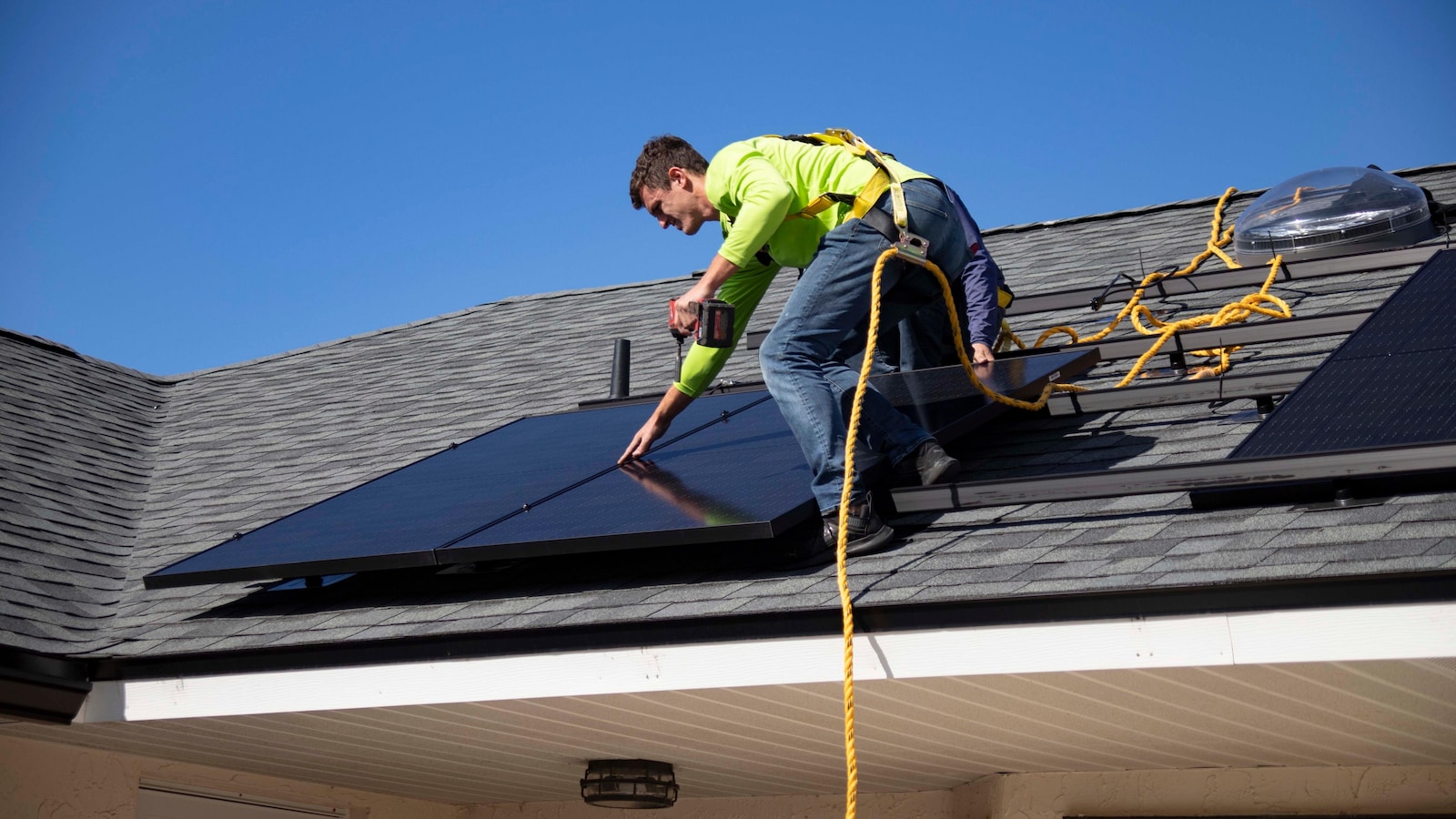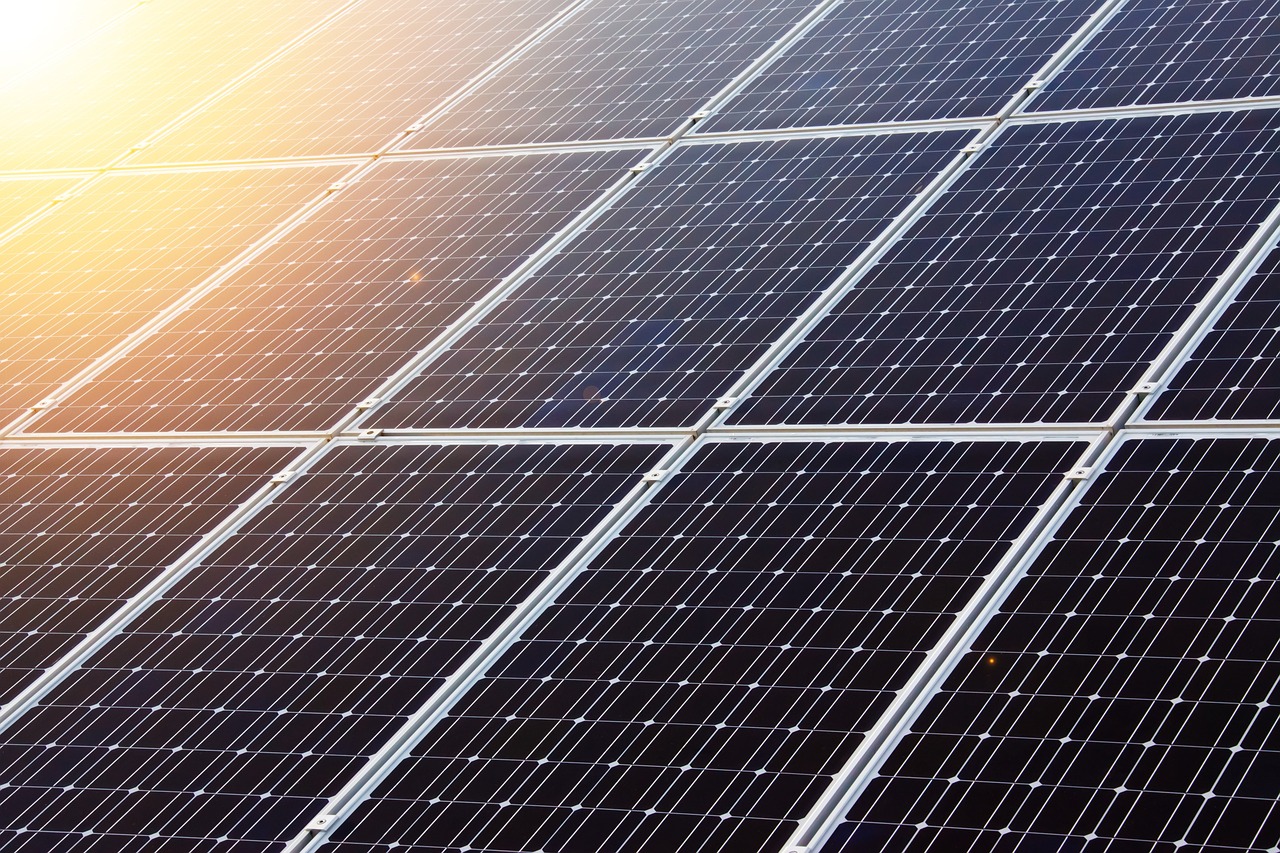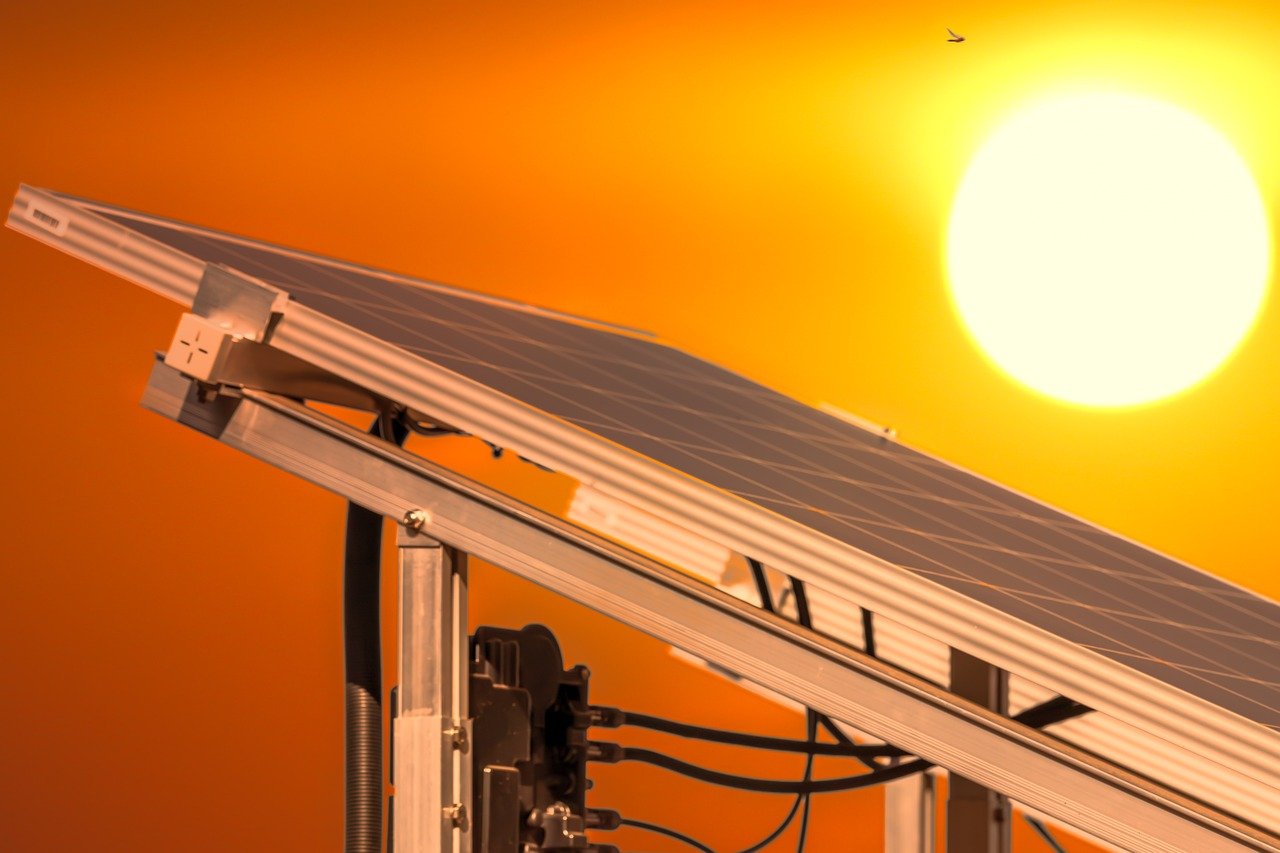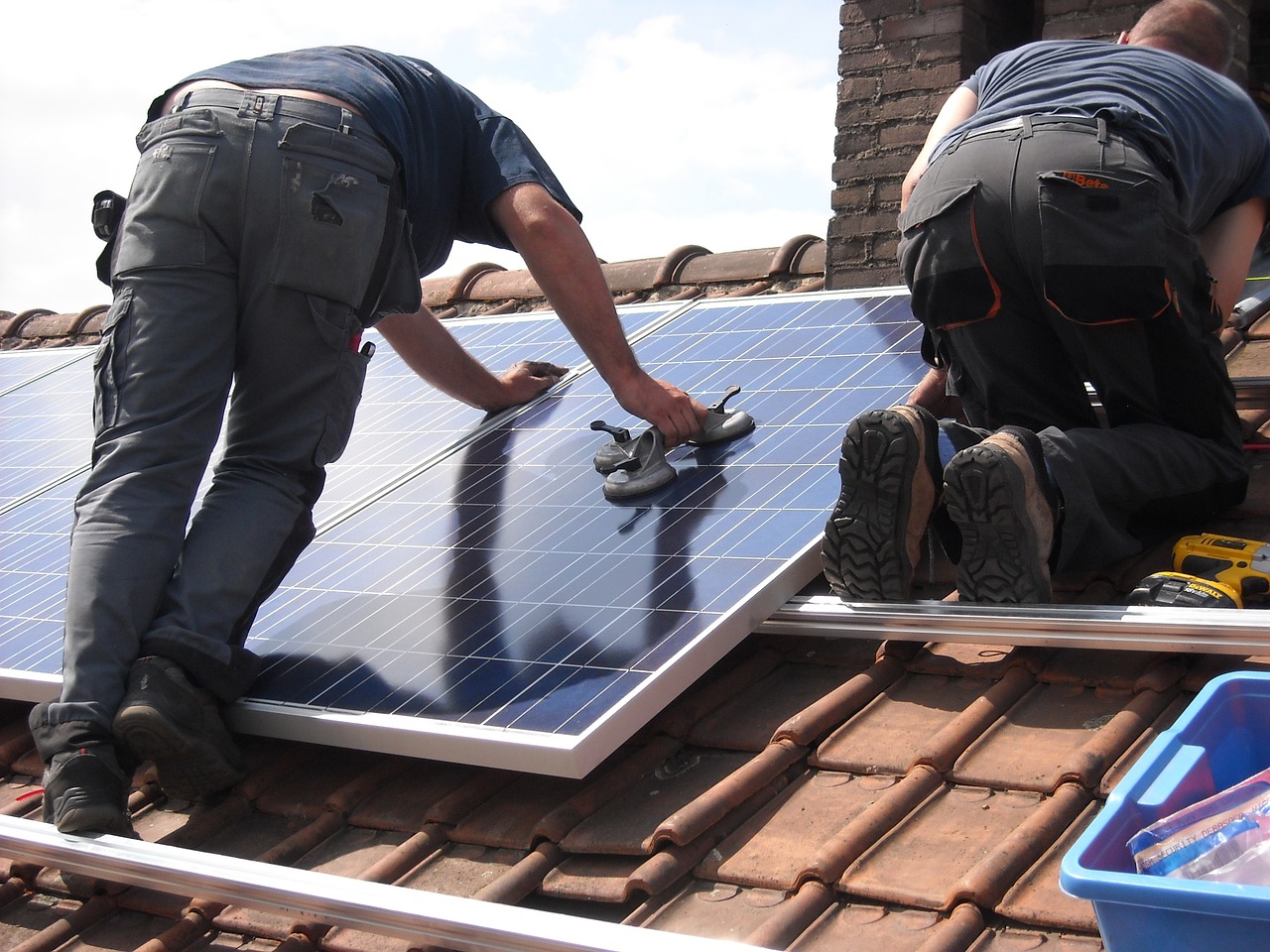Key Takeaway: UL certification is not a legal requirement for solar panel installations in the USA or Canada. However, it is highly recommended as it ensures the safety, reliability, and performance of the solar panel system. Non-compliance with UL certification may result in potential legal and insurance issues, and homeowners may miss out on certain benefits and incentives.
Are you considering installing solar panels on your home or property? With the increasing popularity of renewable energy, many homeowners are turning to solar power as a sustainable and cost-effective solution. However, before embarking on a solar panel installation project, it’s important to understand the legal requirements and safety considerations associated with it.
One common question that arises is whether it is illegal to install solar panels without a UL certification in the USA or Canada. Today, we will delve into this topic and provide you with the necessary information to make informed decisions about your solar panel installation.
Understanding UL Certification
Before we dive into the legal aspects, let’s first understand what UL certification is and why it is important. UL stands for Underwriters Laboratories, a globally recognized independent safety certification organization. UL certification ensures that a product, in this case, solar panels, meets specific safety and performance standards.
UL certification involves rigorous testing and evaluation of the solar panels and their components. This includes assessing their electrical performance, durability, resistance to environmental factors, and compliance with relevant codes and standards. By obtaining UL certification, manufacturers demonstrate that their products meet the highest safety and quality standards.
Legal Requirements for Solar Panel Installations
Now, let’s address the legal requirements for solar panel installations in the USA and Canada. It’s important to note that neither country explicitly mandates UL certification for solar panel installations. However, there are various building codes, regulations, and standards that govern the installation process.
In the USA, the National Electrical Code (NEC) sets the standards for electrical installations, including solar panel systems. The NEC requires compliance with specific safety measures, such as proper grounding, electrical disconnects, and overcurrent protection. While the NEC does not specifically mention UL certification, using UL-certified components, including solar panels, is generally considered the best practice to ensure compliance with these safety requirements.
Similarly, in Canada, the Canadian Electrical Code (CEC) outlines the regulations for electrical installations, including solar panel systems. The CEC also emphasizes the importance of complying with safety standards and using approved components. While the CEC does not explicitly require UL certification, using UL-certified solar panels is highly recommended to meet these safety standards.
It’s worth noting that local jurisdictions may have additional requirements or specific guidelines for solar panel installations. It’s important to consult with your local building department or a qualified solar panel installer to ensure compliance with all applicable regulations and standards.
Safety Considerations and the Role of UL Certification
While UL certification is not a legal requirement, it plays a crucial role in ensuring the safety, reliability, and performance of solar panel systems. Solar panels are exposed to various environmental conditions, including extreme temperatures, moisture, and UV radiation. Without proper certification, there is a risk of substandard panels that may not withstand these conditions and could pose safety hazards.
UL certification provides peace of mind to homeowners and professionals in the renewable energy industry. It ensures that the solar panels have undergone rigorous testing to meet safety standards, reducing the risk of electrical malfunctions, fire hazards, and other safety concerns. Additionally, UL certification ensures that the panels are compatible with other system components and meet performance expectations.
Furthermore, UL certification also affects the longevity and warranty coverage of solar panel systems. Many manufacturers offer extended warranties and guarantees for UL-certified panels, providing homeowners with added protection and assistance in case of any issues or defects.
Consequences of Non-Compliance with UL Certification
While it may not be illegal to install solar panels without UL certification, there can be potential consequences for non-compliance. One significant concern is insurance coverage. Some insurance companies may require UL certification or compliance with specific safety standards as a condition for coverage. Failure to meet these requirements may result in insurance issues, leaving homeowners financially vulnerable in case of damage or accidents related to their solar panel system.
Moreover, non-compliance with UL certification could result in legal liabilities. If a solar panel system causes property damage or harm to individuals due to faulty components or installation, the homeowner may be held responsible. In such cases, the absence of UL certification could be viewed as negligence, potentially leading to legal disputes, fines, or penalties.
It’s important to note that while UL certification is not legally required, it is generally regarded as the industry standard for safety and quality. Choosing UL-certified solar panels not only ensures compliance with relevant regulations but also demonstrates a commitment to safety and responsible energy practices.
Benefits of UL Certification for Solar Panel Installations
Despite not being a legal requirement, there are numerous benefits to choosing UL-certified solar panels for your installation. Let’s explore some of these advantages:
- Safety and Reliability: UL certification guarantees that the solar panels meet stringent safety standards, reducing the risk of accidents, electrical malfunctions, and fire hazards. By opting for UL-certified panels, you can have peace of mind knowing that your solar panel system is safe and reliable.
- Performance and Longevity: UL certification ensures that the solar panels have undergone rigorous testing to verify their performance and durability. Choosing UL-certified panels increases the likelihood of achieving optimal energy production and extends the lifespan of your solar panel system.
- Eligibility for Incentives: Some local, state, or federal incentives and rebate programs may require the use of UL-certified solar panels to qualify. By selecting UL-certified panels, you can take advantage of these financial incentives and maximize the return on your investment.
- Warranty Coverage: Many manufacturers offer extended warranties and guarantees for UL-certified panels. In the event of any defects or issues, homeowners with UL-certified panels may be eligible for repairs, replacements, or compensation.
- Consumer Trust: UL certification is a recognized symbol of safety and quality. Choosing UL-certified solar panels can enhance your reputation as a responsible consumer of renewable energy and may increase the value of your property.
In conclusion, while it is not illegal to install solar panels without a UL certification in the USA or Canada, it is highly recommended to choose UL-certified panels for the safety, reliability, and performance of your solar panel system. UL certification ensures compliance with relevant safety standards and offers various benefits, including eligibility for incentives and enhanced warranty coverage. By consulting with qualified professionals and adhering to local regulations, you can make informed decisions and enjoy the many advantages of solar energy.



